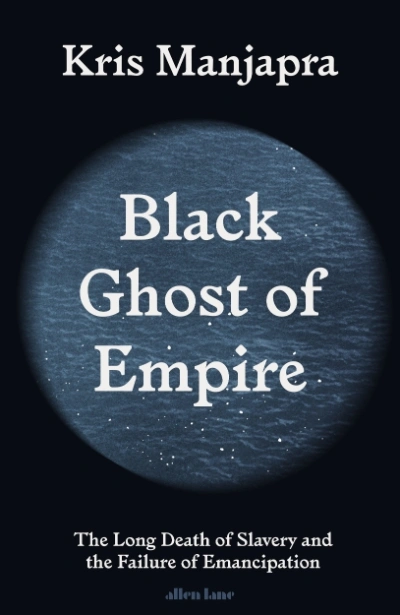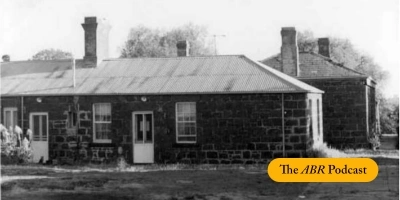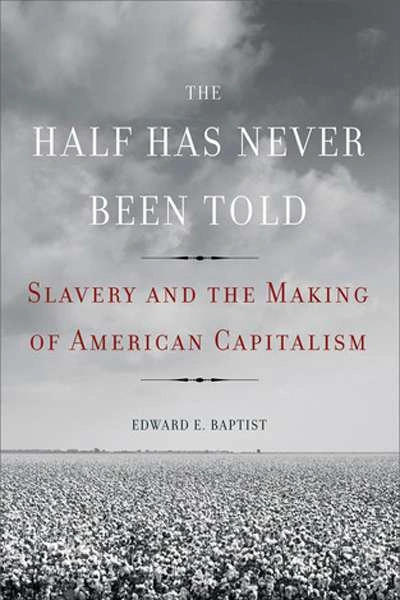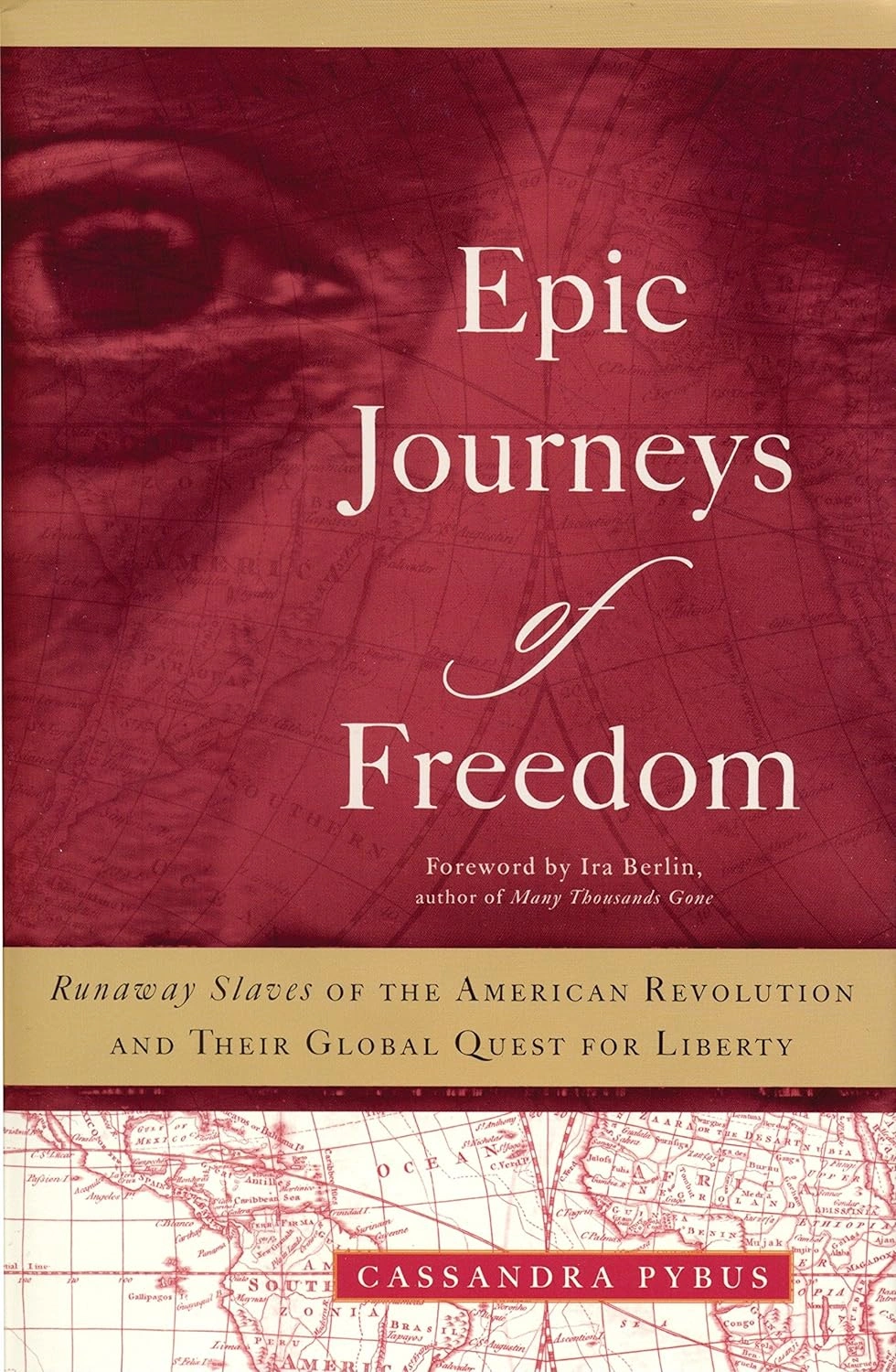Slavery
Black Convicts: How slavery shaped Australia by Santilla Chingaipe
In this week’s ABR Podcast, we feature an essay from the ABR archive: ‘Links in the Chain: Legacies of British slavery in Australia’ by Georgina Arnott. In this essay, Arnott considers how the field of Australian history will be reshaped by emerging links between British slavery in the Caribbean and early settlers to the Australian colonies. Georgina Arnott is ABR Assistant Editor and the author of several articles on the legacies of colonialism in Australia and two biographical works. Listen to Georgina Arnott’s ‘Links in the Chain: Legacies of British slavery in Australia’, published in the August 2020 issue of ABR.
... (read more)Black Ghost of Empire: The long death of slavery and the failure of emancipation by Kris Manjapra
Melbourne’s Moreland City Council recently agreed to adopt a new name, after petitioning by Wurundjeri Woi-wurrung community leaders and prominent local non-Indigenous representatives. The petitioners argued that the name ‘Moreland’, adopted in 1839 by Scottish settler Farquhar McCrae, derived from a Jamaican slave plantation. Renaming the council was an opportunity to bring about greater awareness of both the global legacies of enslavement and the history of Indigenous dispossession. In this week’s episode, Samuel Watts reflects on the politics of memorialisation and its impact on public conceptions of history.
... (read more)





